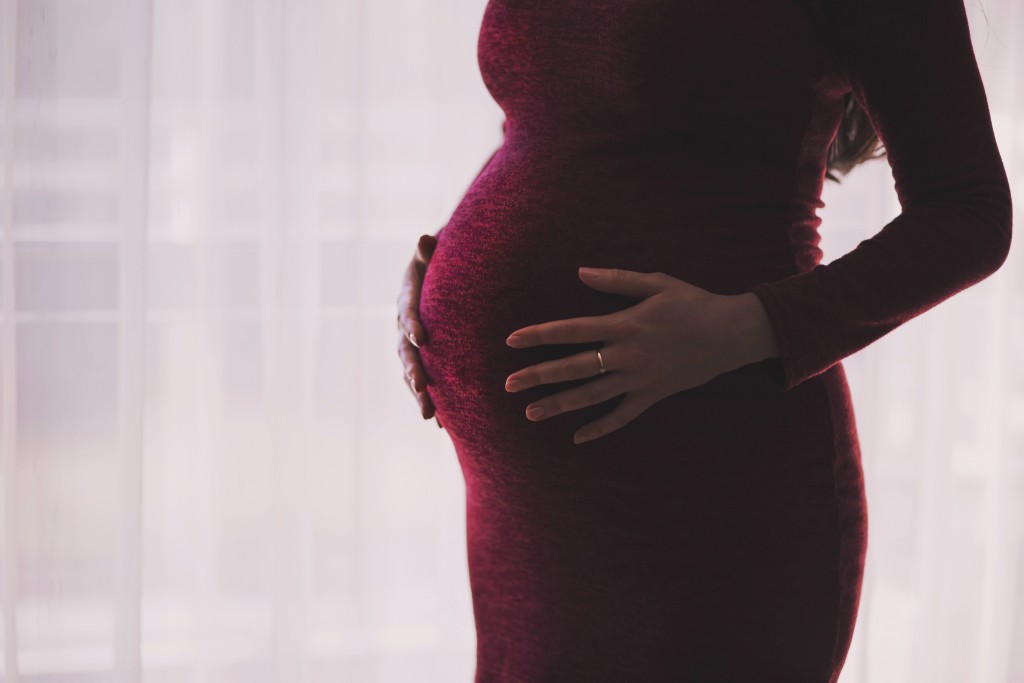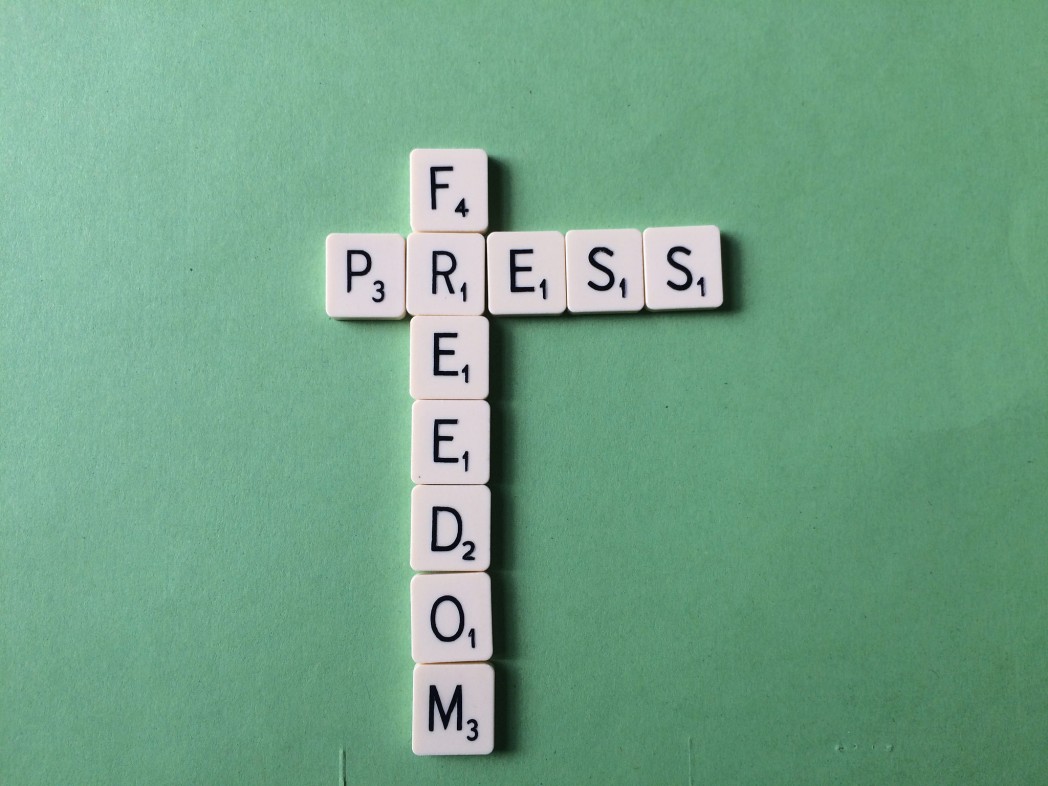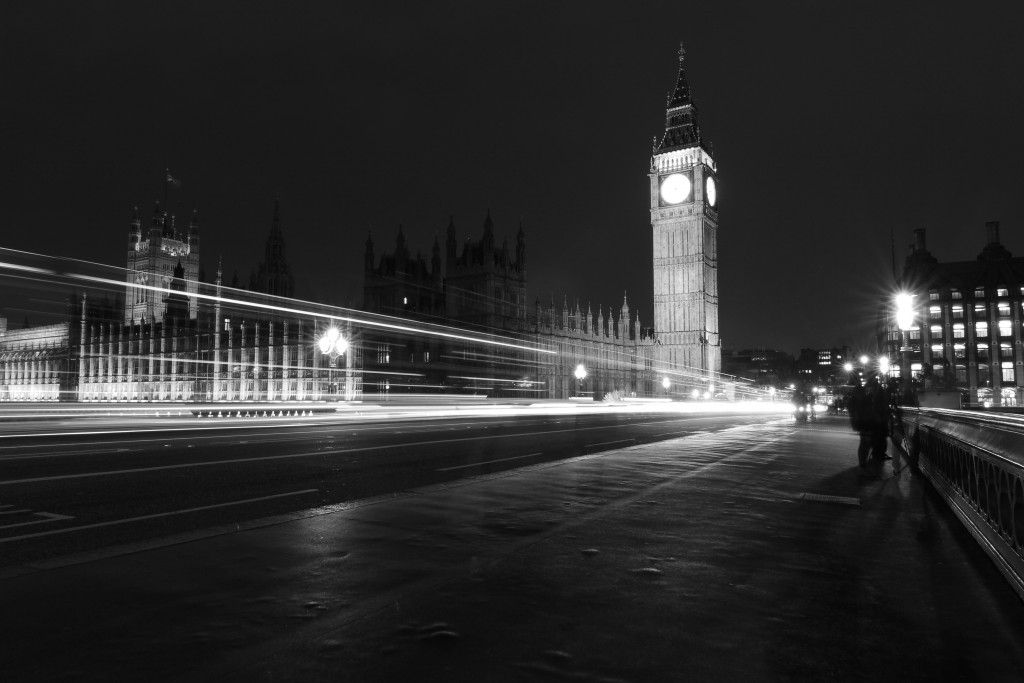Today marks the anniversary of the European Court of Human Rights’ ruling in the Sunday Times v United Kingdom case in 1979 (read the whole story here). 37 years later, we step back and analyse the impact of this important case.
What was the thalidomide births problem?

Thalidomide is a drug that, between 1958 and 1961, was prescribed in the UK as a sedative for, in particular, pregnant women. The problem was that, in 1961, a number of women who had taken the drug during pregnancy gave birth to children suffering from severe deformities. These women brought claims against the drug manufacturer for causing those deformities.
How did this case change the law?
The claims called into question many areas of the existing law about the protection from, and compensation for, injuries resulting from scientific developments.
But the case’s most important legacy was on human rights. In particular, the case had a huge impact on our right to freedom of expression, and our right to receive information from the press.
How did the case impact freedom of expression?

The key consequence of the decision in Sunday Times v UK is that newspapers can publish stories on court cases where it is in the public interest for them to do so. On the other hand, it is also important that there should never be a ‘trial by newspaper’ or, now, trial by Google, Facebook or Twitter. ‘Trial by newspaper’ is the phrase used to describe the impact of television and media coverage on a person’s reputation before their trial in a court of law. It is important that this does not happen because it might look like the media coverage is able to affect the legal proceedings in some way, which could undermine the public’s confidence in the justice system. It could also cause jury members or parties to legal proceedings to pre-judge the case, which potentially denies parties a fair trial.
How did the case come about?

This all happened because the English court made an order, stopping the Sunday Times newspaper publishing a draft article which traced how the thalidomide tragedy occurred. The UK government had applied for the order because they said the article might influence the negotiations between the drug company and the victims of the thalidomide disaster. This, they said, would be contempt of court – the offence of being disobedient or disrespectful to the court in a way that undermine’s the court’s authority.
The European Court of Human Rights (ECHR) decided that the English court’s order infringed the Sunday Times’ freedom of expression. This was because the thalidomide disaster was of undisputed public concern and the public and families of victims had a right to know about it. In the Court’s opinion, there was no greater “pressing social need” to prevent the newspaper’s publication.
Why is this case important?

Free speech matters to everyone because it helps to protect all of our other rights. It allows us to exercise our religious beliefs, to arrange to meet with other to discuss political opinions, and to complain about ill-treatment by the state or other actors. Without free speech we would find it very difficult to exercise all our other rights.
This case protected the public’s right to know about matters of undisputed public concern, even if there are related court cases on-going. So long as the press reports do not go so far as to “undermine the authority of the judiciary”, information relating to on-going court cases can be published. This was an important step for press freedom.
How has the case changed UK law?

As a result of this decision, the UK Parliament passed the Contempt of Court Act 1981. This created a whole new set of laws for contempt of court. The new test for contempt of court gave more weight to newspapers’ freedom of expression. It said that publications can only be prevented where justice would be “seriously impeded or prejudiced”.
Additionally, the judgment in Sunday Times v UK has been relied on in court over 200 times since it was given, in countries reaching from New Zealand to Canada.







